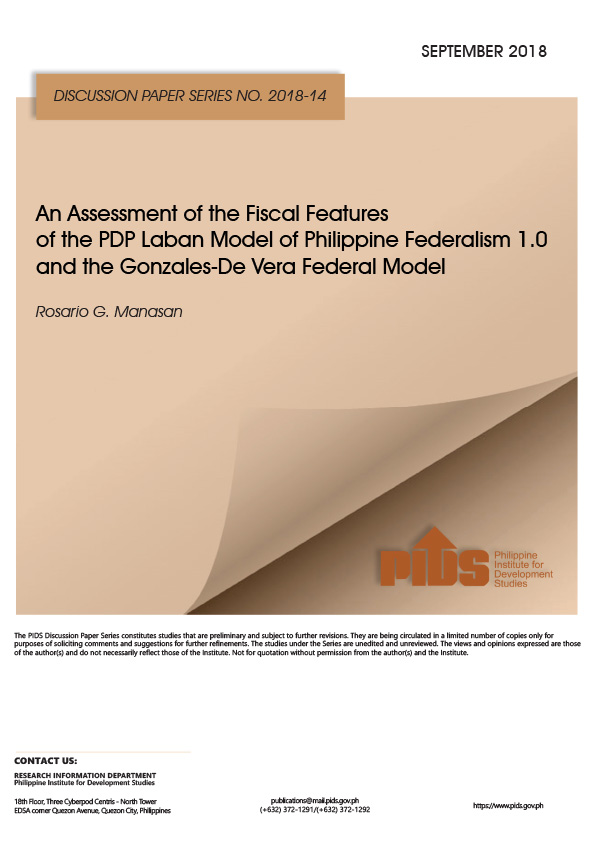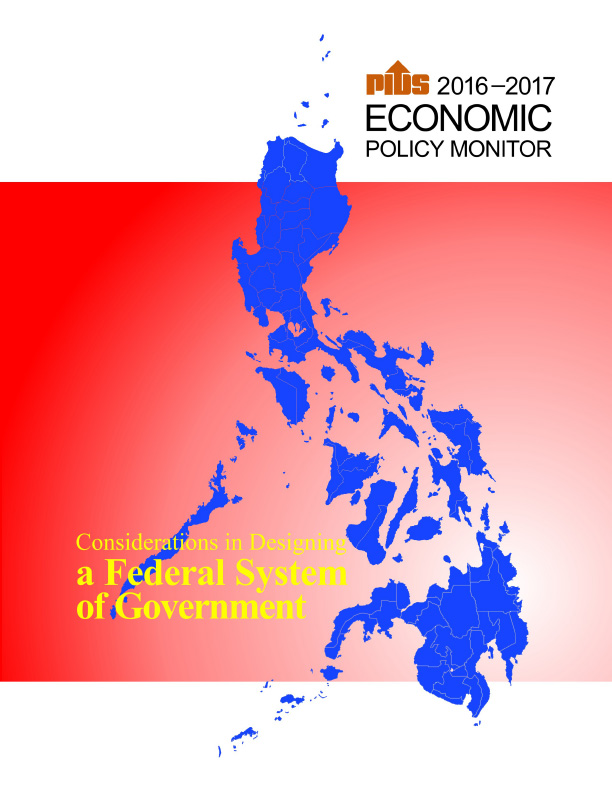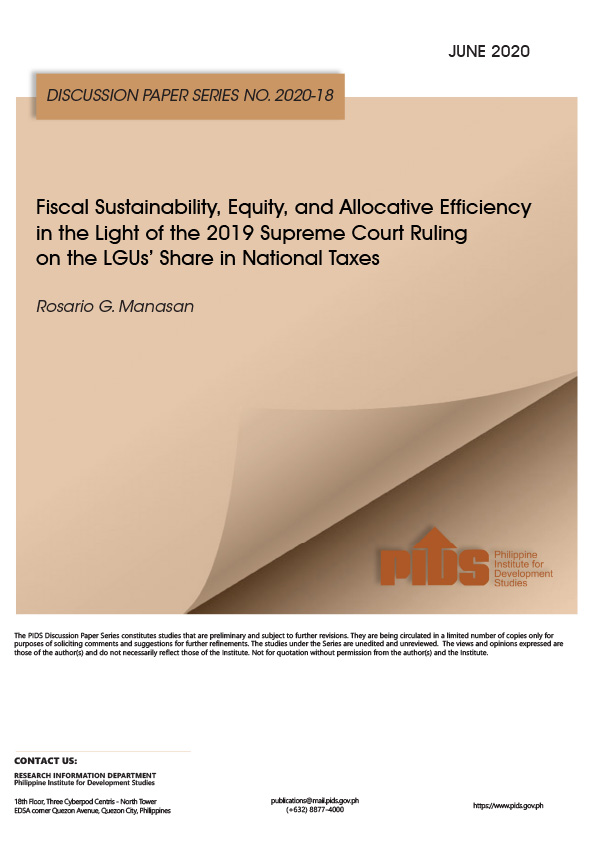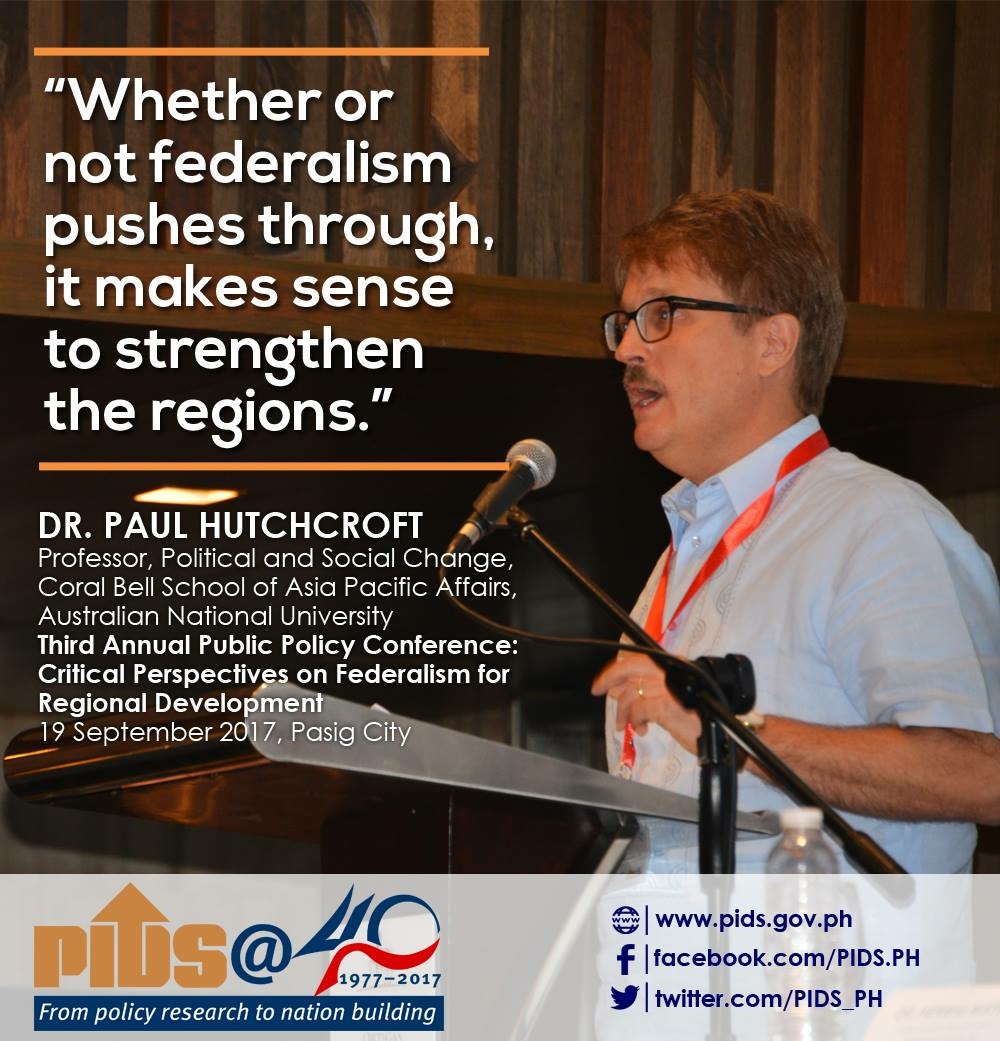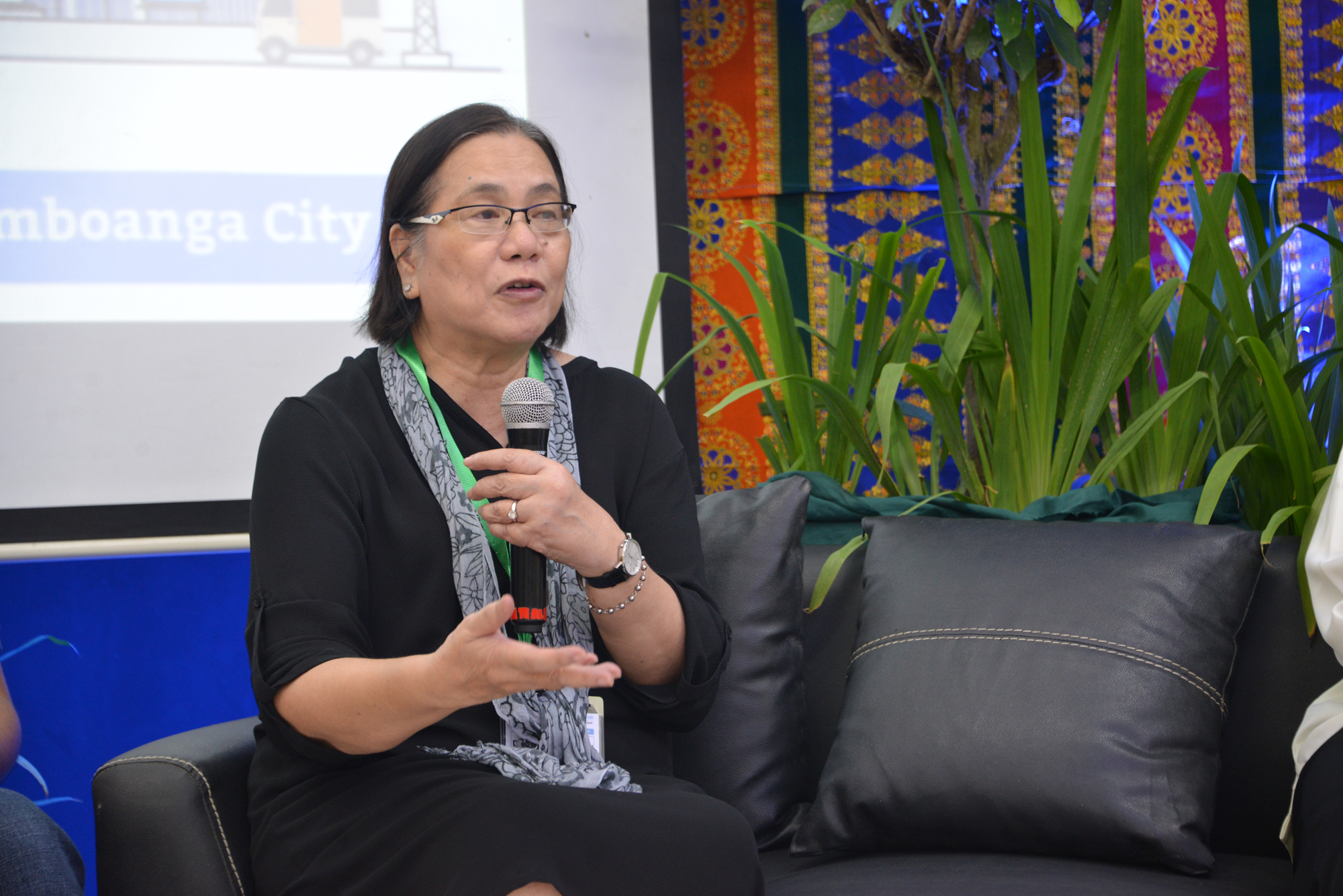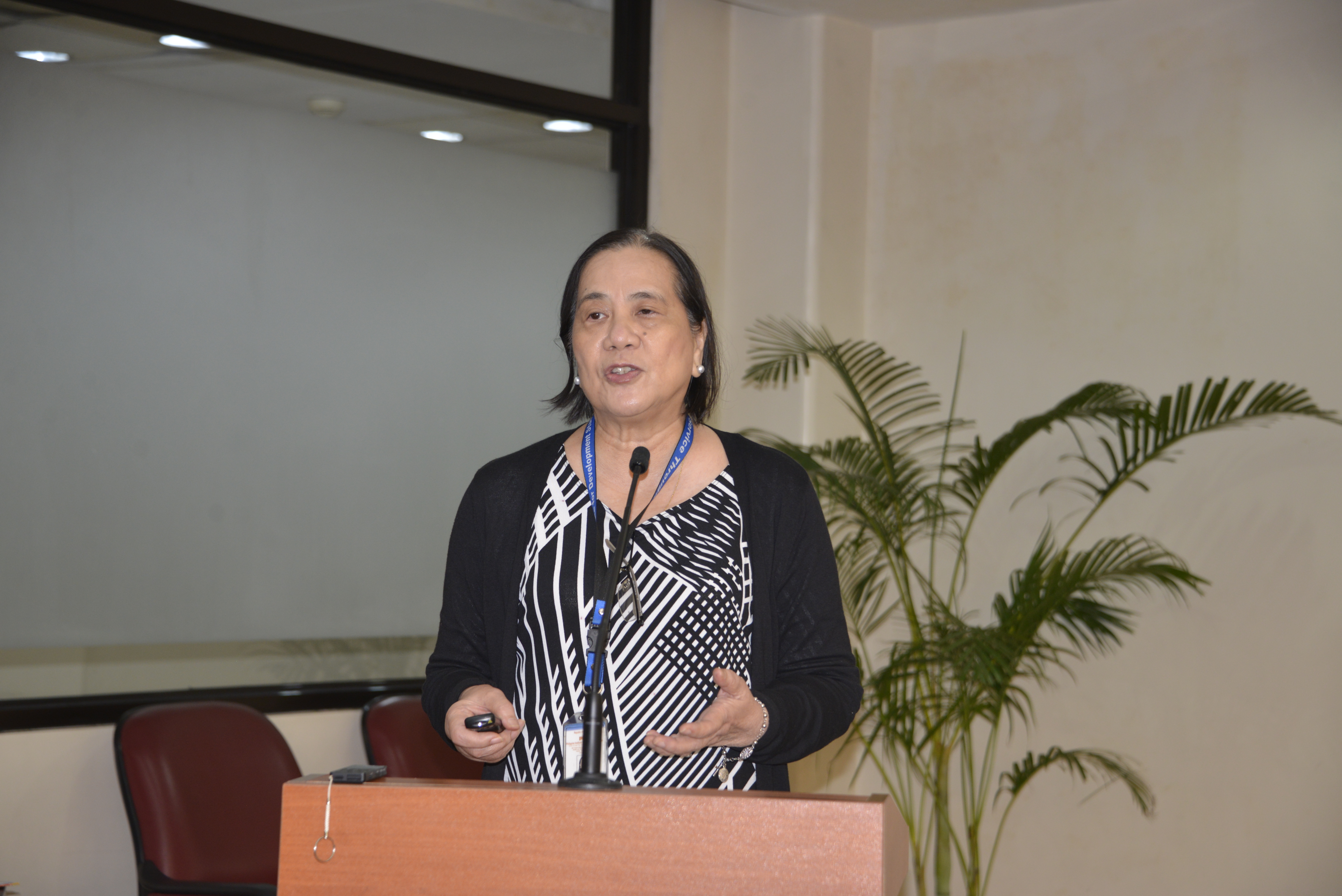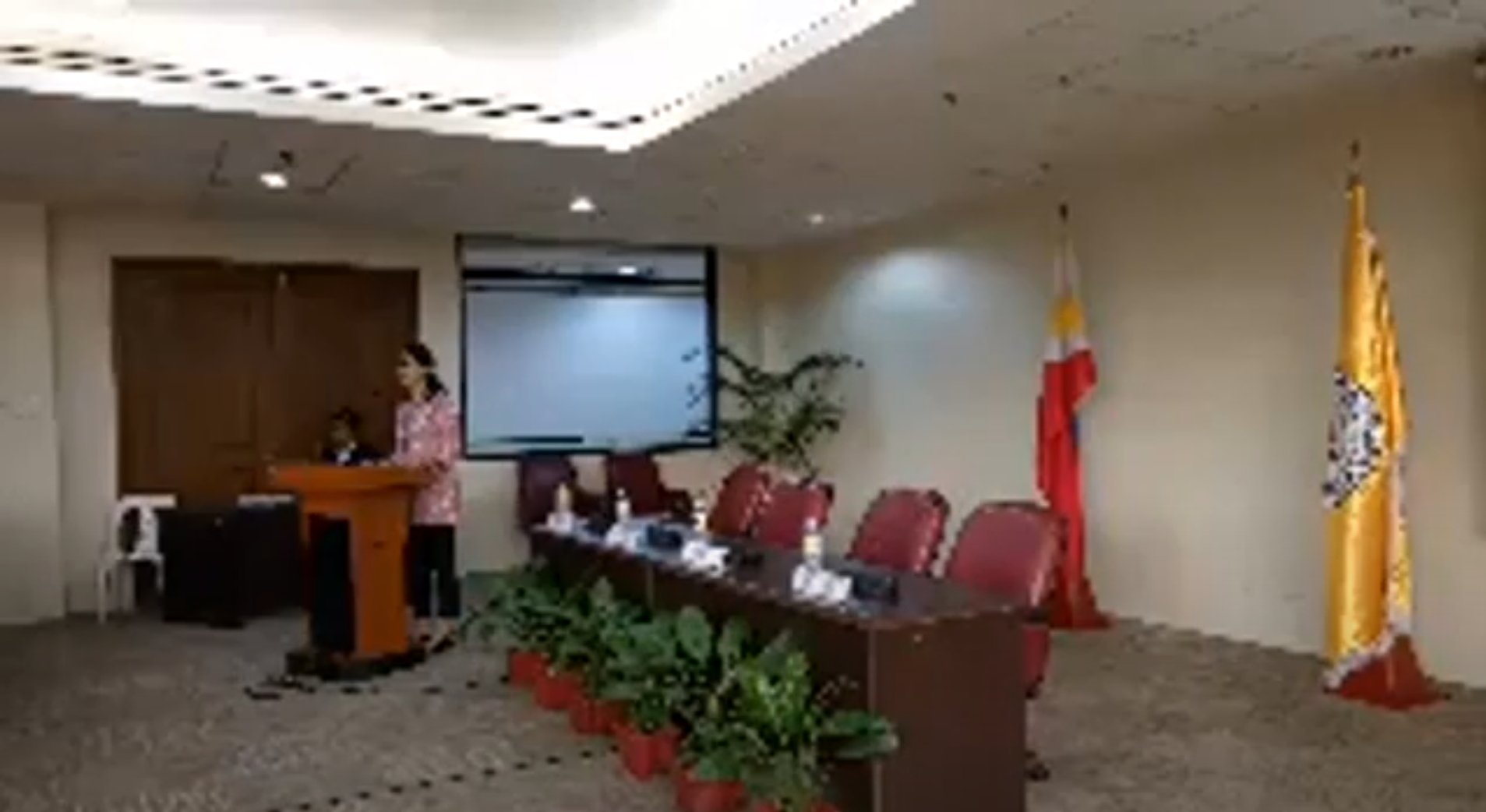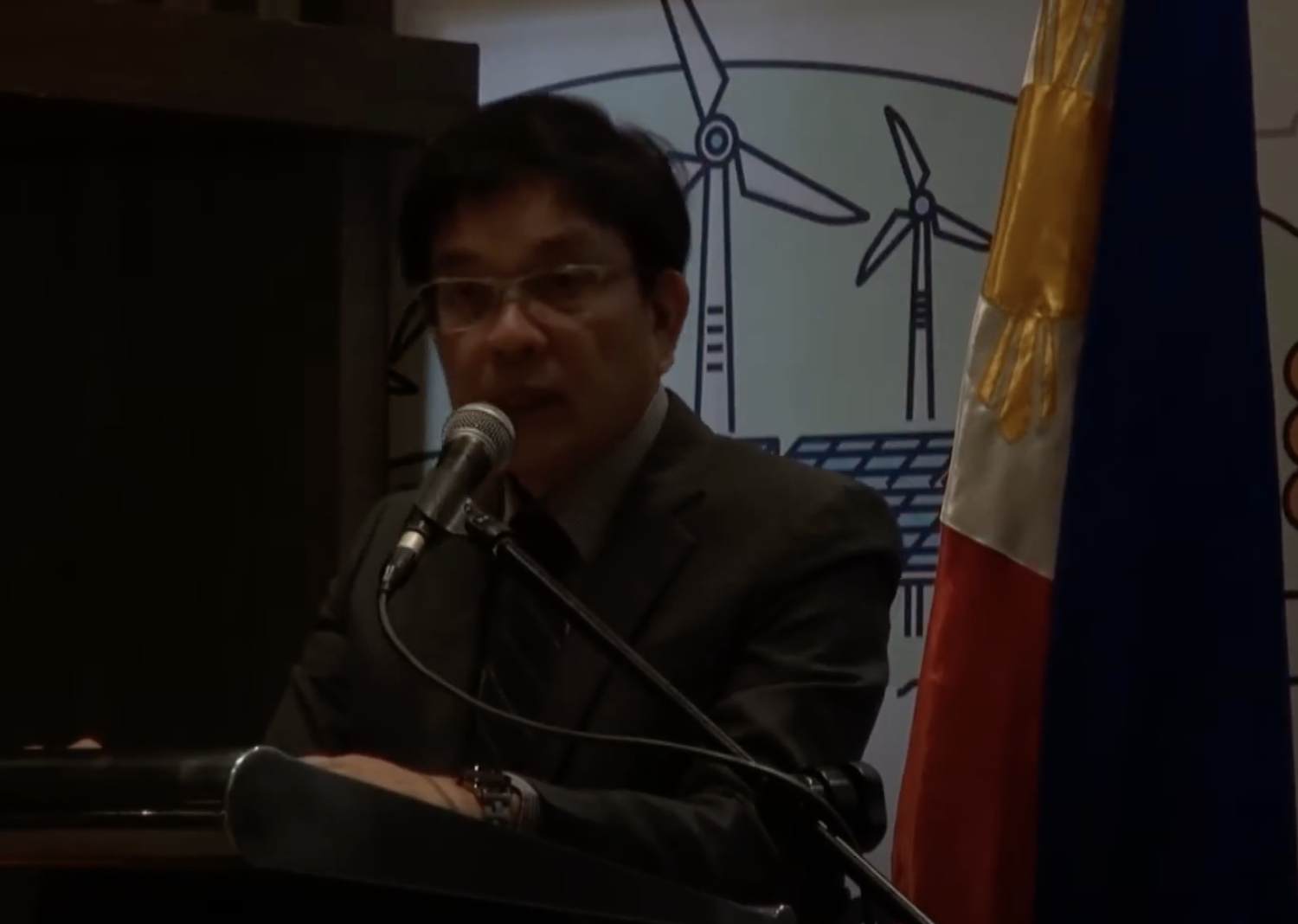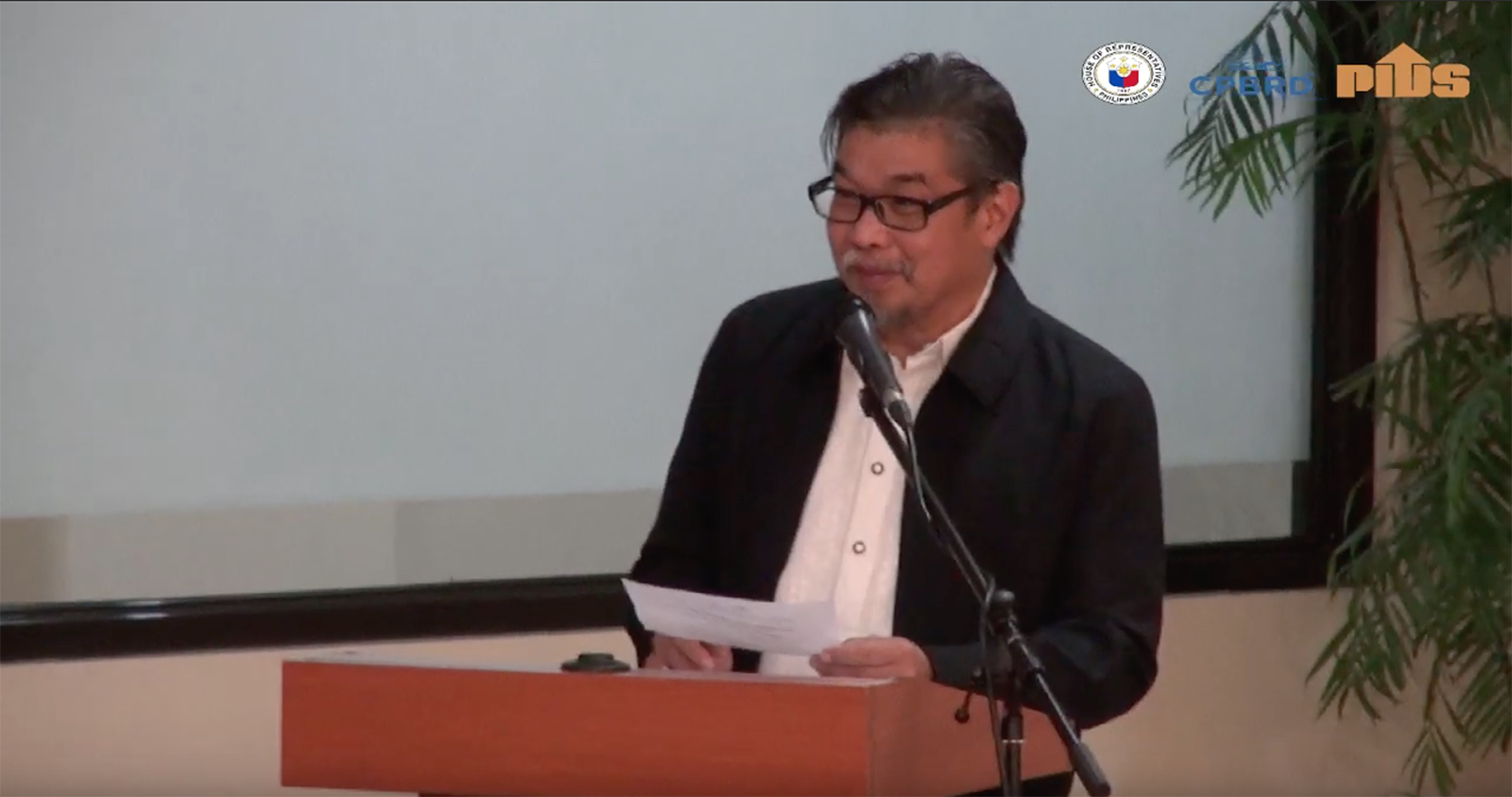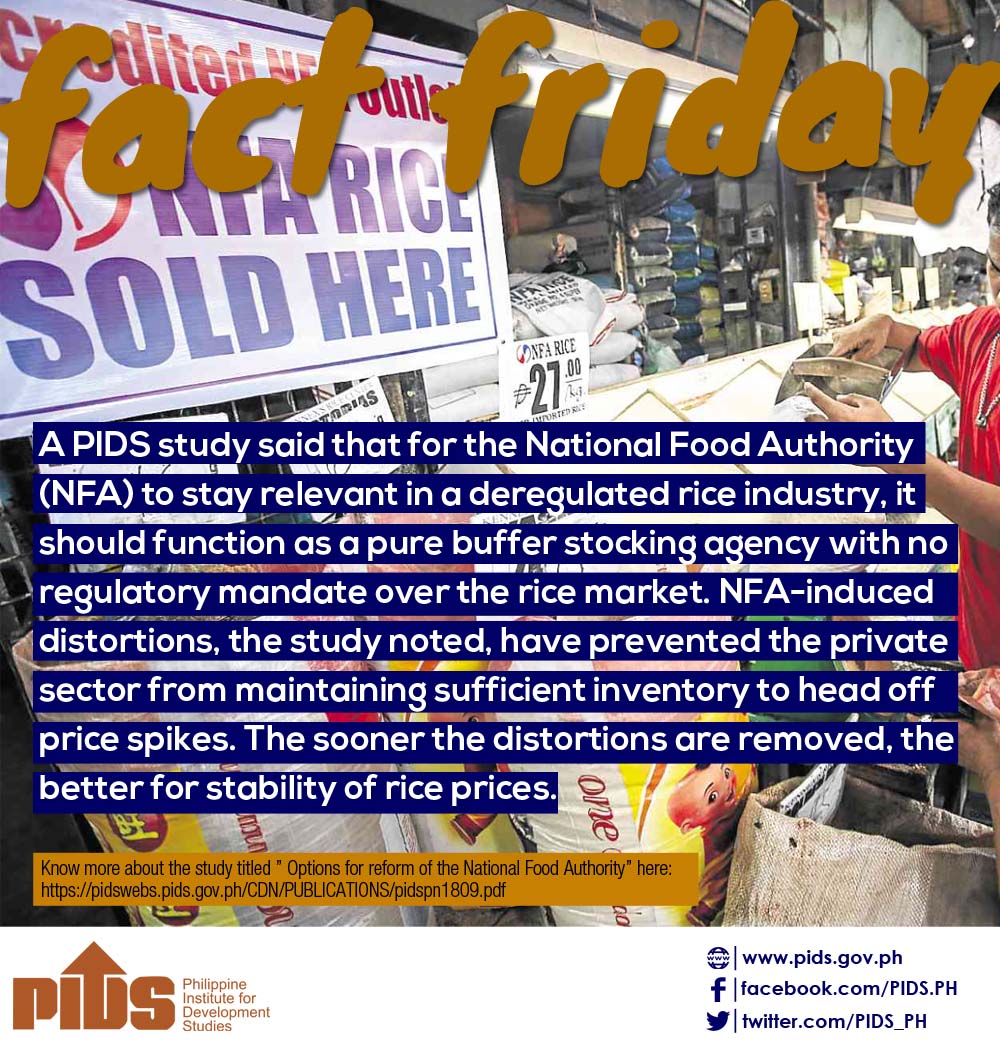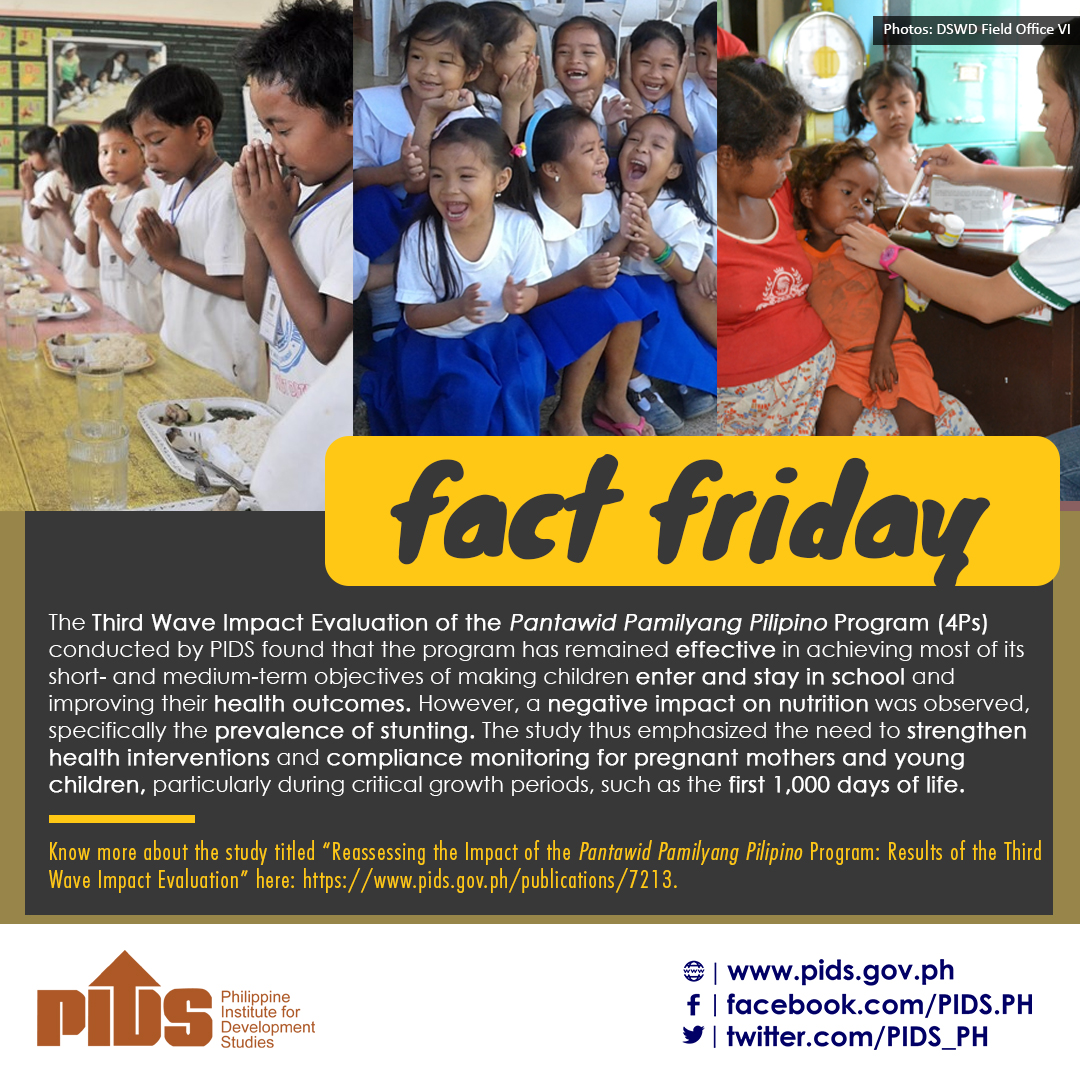Finance Secretary Carlos Dominguez III has sought the support of the country’s eminent economists to help government craft a more equitable corporate tax structure. At present, only a small group of top enterprises enjoy preferential corporate income tax of just 6 to 13 percent while the majority, comprised mostly of small- and medium-scale enterprises (SME), pay the regular rate of 30 percent.
Dominguez said that aside from having the highest corporate income tax (CIT) rate of 30 percent in the region, the country’s corporate tax system is also plagued with structural defects, such as having 14 investment promotion agencies (IPA) and 315 laws outside the national tax code that grant both investment and non-investment incentives to businesses.
These incentives, Dominguez, said are enjoyed only by a select few that pay much less — around six to 13 percent only in terms of CIT. Worse, they get to enjoy such perks “forever.”
With 123 laws that grant investment incentives and 192 others that provide non-investment incentives to this elite group, the system has become “fundamentally unfair” especially for SME which pay the regular CIT rate, he said.
“Our fiscal incentives regime gives so much to a select few and asks so little from them, like promising forever to neglectful partners while the country fails to provide enough to secure the future of its own children,” said Dominguez at a lunch meeting on Wednesday with economists from the various multilateral and local institutions.
The attendees include Yasuyuki Sawada, chief economist of the Asian Development Bank; Luis Breuer, division chief of the International Monetary Fund; former Department of Finance (DoF) Undersecretary Romeo Bernardo; Prof. Dante Canlas of the University of the Philippines (UP) School of Economics and president CEO of the Philippine National Oil Co. Alternative Fuels Corp.; Gerardo Sicat, professor emeritus of the UP School of Economics and the first director-general of the National Economic and Development Authority (NEDA); Gilberto Llanto, board member and former president of the Philippine Institute of Development Studies; Renato Reside, assistant professor of the UP School of Economics; Monetary Board members Prof. Felipe Medalla and Bruce Tolentino and Arsenio Balisacan, chairperson of the Philippine Competition Commission and a former director-general of NEDA.
Undersecretary Karl Kendrick Chua and Assistant Secretary Ma. Teresa Habitan were also at the meeting.
During the lunch he hosted at the Philippine International Convention Center, Dominguez also sought guidance from the economic experts in fine tuning the proposal to lower the CIT and modernize the investment incentives. On the whole, this comprises the second package of the administration’s comprehensive tax reform program.
“It is in this historic moment that a statement of support from you, our country’s eminent economists, for the second tax reform package would be most welcome as those who benefit from the status quo are quite active and vocal in their opposition (of this reform),” Dominguez said.
He also said the DoF needs the support of the economists present during the meeting behind five basic proposals under Package 2 of the tax reform program.
These are:
• Lowering the CIT rate while reorienting the fiscal incentives regime to attract the “industries of tomorrow;”
• Amending the tax code to improve tax compliance, harmonize the governance of incentives through the Fiscal Incentives Review Board and repeal some exemptions. The DoF is also proposing improvements in the Tax Incentives Management and Transparency Act to ensure transparency and accountability of incentives;
• Repealing 123 special laws on investment incentives and consolidating them in one omnibus incentive law;
• Keeping the income tax holiday and other income-based incentives, while replacing the 5 percent Gross Income Earned tax in lieu of all taxes with a 15 percent tax on net taxable income to narrow the gap between those under the standard rate and incentives recipients.

